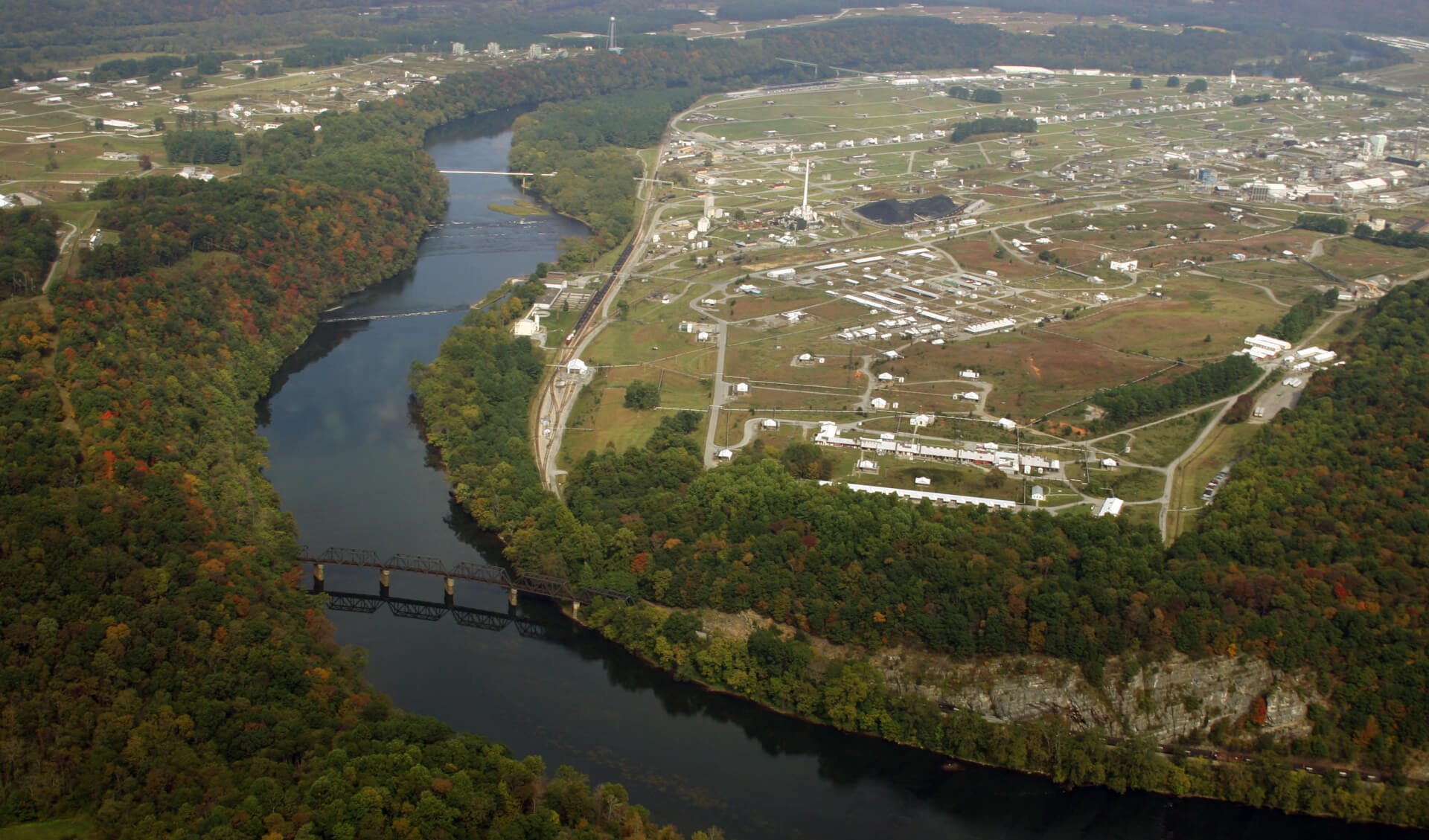
Ongoing projects
You can join in!
Our newest team joins the fight against open burning and pollution at the Radford Army Ammunition Plant, ranked as the largest polluter in Virginia every year since 2001. We review the scientific integrity of proposed alternatives to open burning and encourage science-based decision making that will protect human health and ensure clean air, water, and soil.
Team leads: Alissa Ganser & Jordan Thompson
Eliminate pollution at the Radford Army Ammunition Plant
Image: “Citizen group pushes for halt to open burning at Radford Army Ammunition Plant” By: Charlie Paulin, October 11, 2022, Virginia Mercury
Communicating the science
We transform science into stories that educate and galvanize the public.
Team co-leads: Gabrielle Jawer and Jane Remfert
We review engineering and environmental mitigation plans for the Mountain Valley Pipeline (MVP), a 300-mile fracked natural gas pipeline proposed to run through West Virginia and Virginia. Our work on MVP encourages science-based decision making for this controversial project, and has played an important role in permitting decisions.
Team leads: Alissa Ganser & Trisha Vaidyanathan
Holding Mountain Valley Pipeline accountable
Protecting the candy darter
This beautiful fish was listed as endangered in 2018, but many experts think that they are still not protected enough. We’re reviewing actions to help make sure this species thrives.
Team co-leads: Isaac VanDiest and Ashley King
Environmental Justice for energy decision making
We aim to improve environmental justice evaluation methods and standards related to environmental development projects through reports and public comments, and to continue work that promotes action against environmental injustice. Currently, we are drafting a white paper discussing community impacts of natural gas pipeline compressor stations.
Photo credit: sierraclub.org/virginia/vapipelines
Team co-leads: Emily Plunkett and Curtis Davis.
Accounting for greenhouse gas emissions from reservoirs
The reservoir emissions team is using the G-Res tool to estimate greenhouse gas emissions in reservoirs in Alabama. These estimates are important for accurately reporting greenhouse gas emissions from hydropower. These analyses are important in the wake of the EPA’s proposed clean energy threshold, as these emission sources are not currently required to be reported.
Team lead: Lee Sickler





